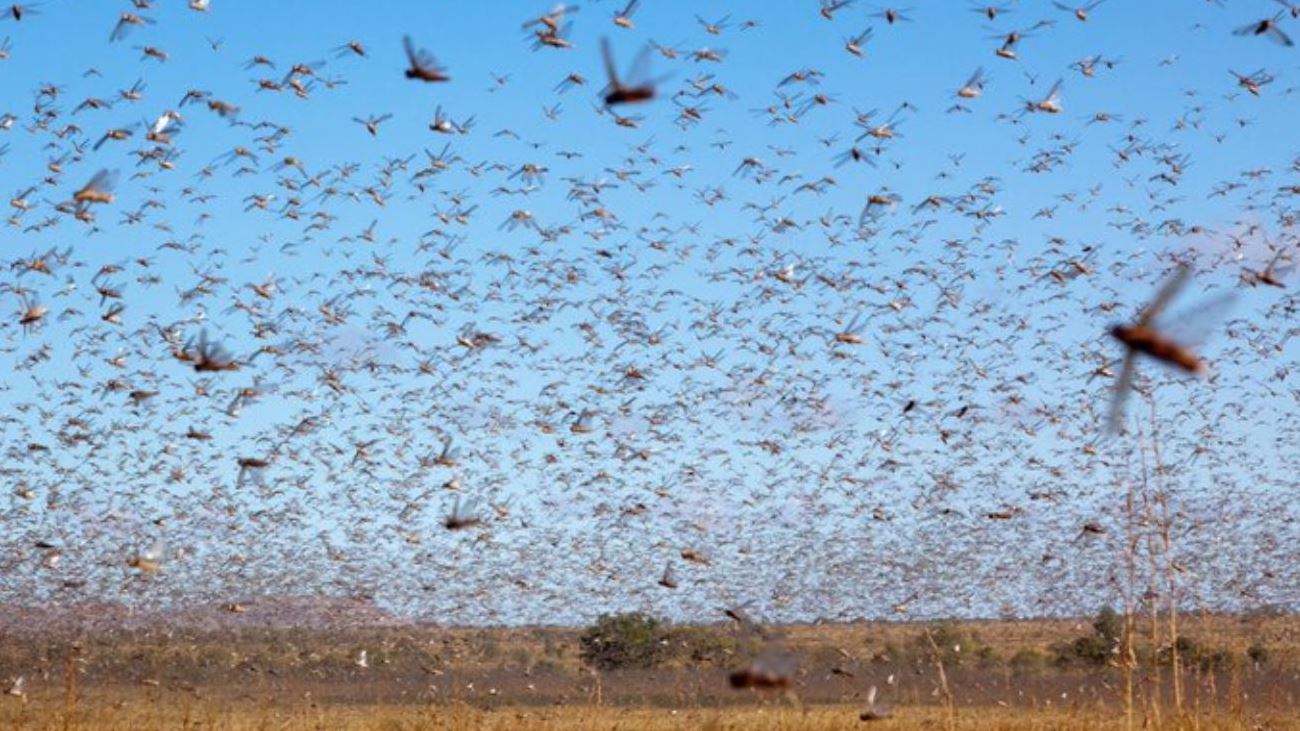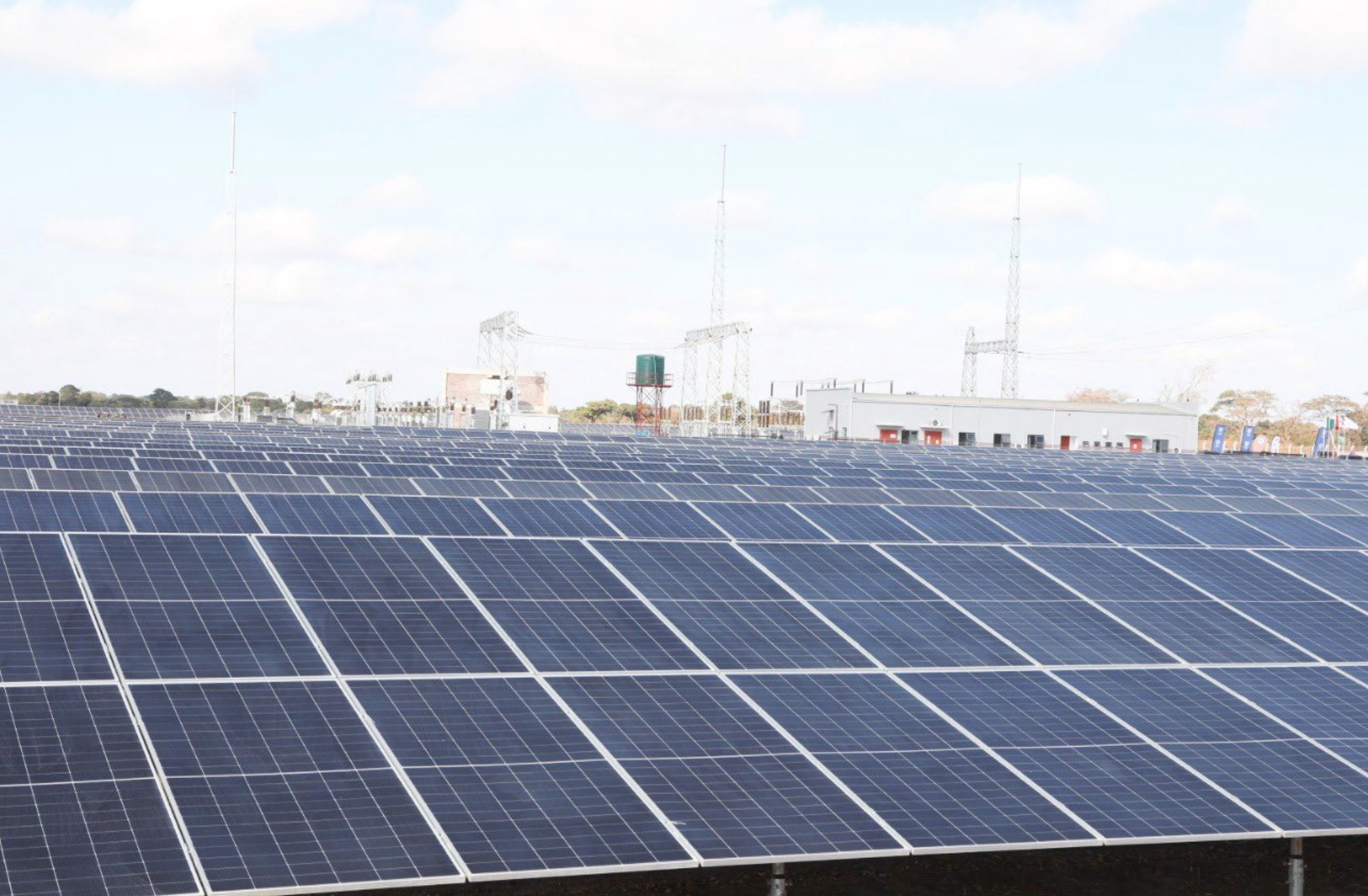
Desert locusts and other pests remain major threats to food security in IGAD Region
Vulnerable communities in Africa’s Intergovernmental Authority on Development (IGAD) region continue to experience a complex mix of reinforcing shocks and stresses that erode their resilience to food and nutrition insecurity.
To counter these challenges, IGAD ministers and delegations have convened in Nairobi, Kenya to discuss and devise strategies for the sustainable management and control of desert locusts and other transboundary pests that pose a threat to food security and livelihoods in the region.

Strengthening regional coordination, bolstering monitoring and forecasting capacities, as well as enhancing the capabilities of plant protection and desert locust control units within member states, have been identified as vital measures to avert impending disasters.
”Despite favourable ecological and weather conditions during the rainy season of October, November, and December 2023, the region successfully avoided another desert locust outbreak similar to or worse than the one experienced in 2019/2020. This achievement highlights the crucial role of the Platform in coordinating early warning and early actions, resulting in significant cost savings and reduced use of synthetic pesticides, thereby minimizing negative environmental impacts”, IGAD Executive secretary said in his opening remarks.
According to Kenya Agricultural Ministry Representative and Principal Secretary Jonathan Mueke, the agricultural sector that contributes to the nation’s GDP remains profoundly affected by multiple shocks and hazards attributed to climate change.
”For the IGAD region, the meetings will coordinate efforts to monitor and control pests, strengthen regional capacities in bio-pesticide use, and develop a comprehensive action plan. Additionally, a one-day training session on bio pesticides will build expertise among plant protection officers, contributing to a unified response to pest outbreaks”.
As the IGAD region grapples with the convergence of climate shocks, leaders and stakeholders recognize the urgent need for coordinated action and regional cooperation to mitigate the impacts and secure a more resilient future for the communities affected.






